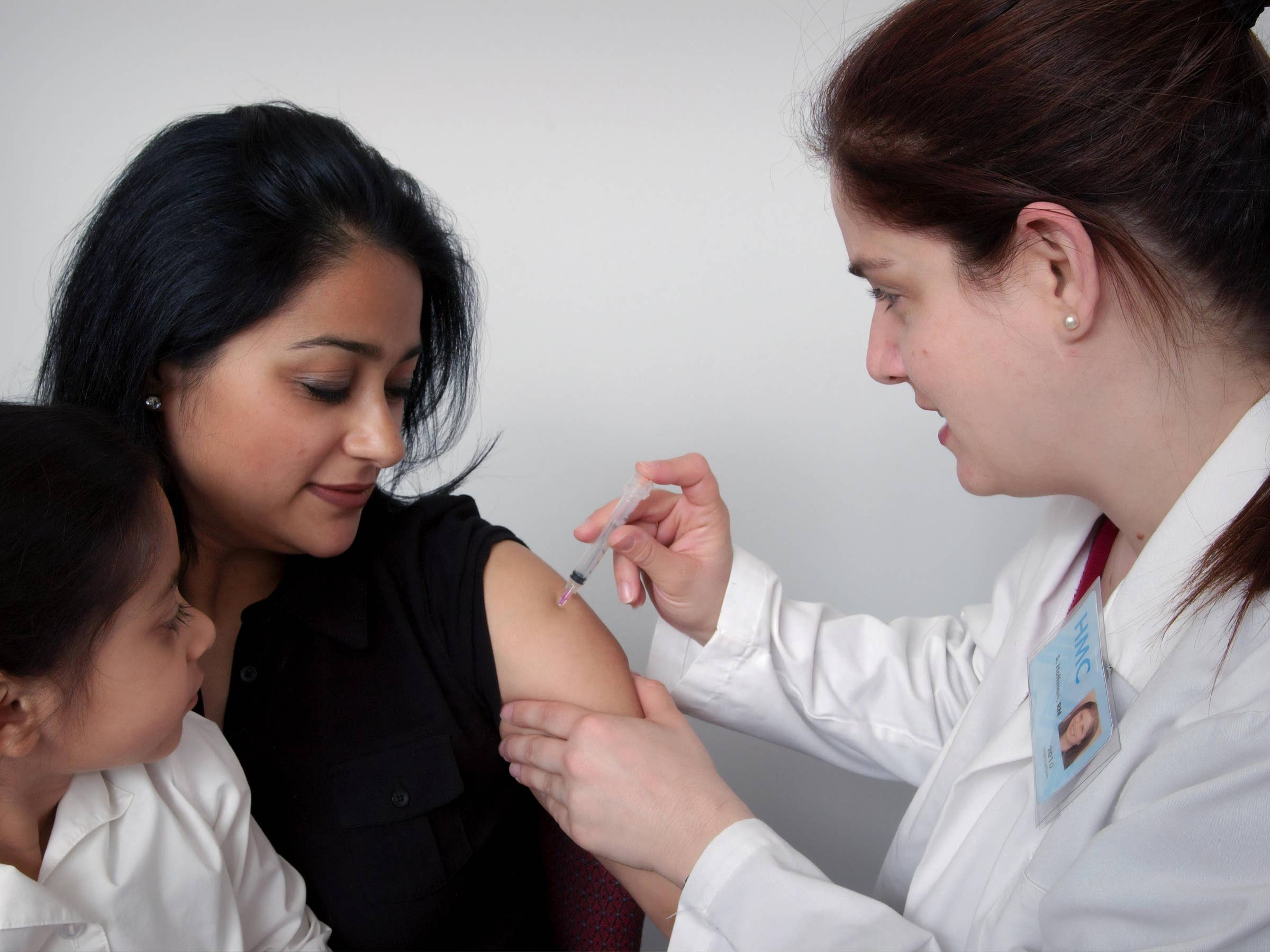A General Practitioner (GP) is a physician who is trained and qualified to provide primary care to patients. They diagnose and treat a variety of illnesses, and provide preventive health care. GPs can also refer patients to specialists if their condition is beyond the scope of the GP's expertise. GPs are responsible for diagnosing and treating a variety of common illnesses, such as colds, flu, and allergies. They are also responsible for ordering tests, such as blood tests and scans, to help diagnose more serious conditions. General Practitioners also treats chronic conditions, such as diabetes and hypertension. You can visit this site to contact a general practitioner.

GPs are responsible for prescribing medication to treat a variety of illnesses. They will consider the patient's medical history, current condition, and other factors before deciding on the best course of treatment. The general practitioner will also monitor the patient's progress and adjust the medication if needed.
When a condition is outside the scope of the GP's expertise, they will refer the patient to a specialist. This could be a cardiologist for heart problems, an oncologist for cancer, or a neurologist for neurological disorders. GPs will also provide guidance and support to the patient throughout the process. So they play an important role in helping their patients stay healthy and live a better quality of life.
